SFB 1361 PhD Students
Get to know our PhDs, their research interests and areas of expertise.
Project 02

| A Hyeon Lee ahylech[at]cup[dot]uni-muenchen[dot]de |
My research focuses on investigating how mitochondrial DNA participates in the mode of action of hypomethylating agent drugs. Methods:
|
Project 05
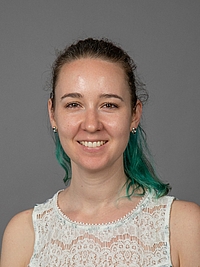
| Anna Schöneis schoenea[at]uni-mainz[dot]de |
I am investigating the nature of DNA-SCARS, which are complexes possibly involved in the induction and maintenance of genotoxic stress-induced senescence as well as other compounds involved in their signaling. Methods:
|
Project 06
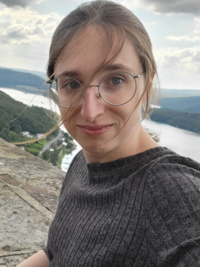
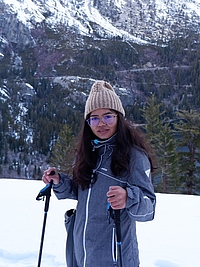
| Laura Schulte laura[dot]schulte[at]tu-darmstadt[dot]de |
DNA replication relies on a complex interplay of many enzymes and complexes. My project aims to uncover the response of these factors when replication breaks down, primarily by observing the changes induced by exogenous sources of replication stress. Methods:
|
| Maliwan Kamkaew maliwan[dot]kamkaew[at]tu-darmstadt[dot]de |
My project focuses on DNA replication stress, particularly how the replisome responds to DNA-protein crosslinks by 5-formylcytosine (5-fC). Methods:
|
Project 07
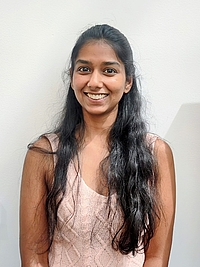
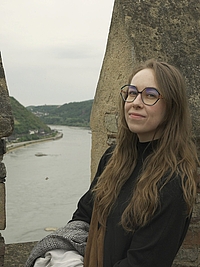
| Kezia Joseph Ann k[dot]ann[at]imb-mainz[dot]de |
My project focuses on understanding PCNA ubiquitylation in the bypass of DNA damage, with a particular focus on the E3 ligase Rad5. Methods:
|
| Wiktoria Anna Kabza w[dot]kabza[at]imb-mainz[dot]de |
Methods:
|
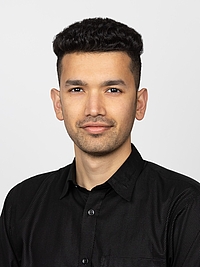
| Abhik Thapa a[dot]thapa[at]imb-mainz[dot]de |
I want to understand what's more to gaps in the daughter strand DNA that meets the eye. Methods:
|
Project 13
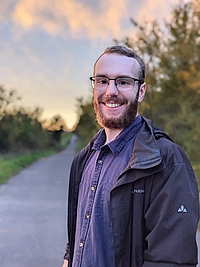
| Dominik Stroh dominik[dot]stroh[at]uni-wuerzburg[dot]de |
I am interested in sources of endogenous genomic instability. Methods:
|
Project 15
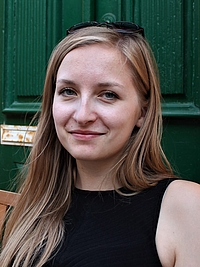
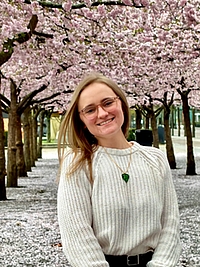
| Johanna Ertl da Costa johanna[dot]ertl[at]tu-darmstadt[dot]de |
I analyse proteins specific to different DNA double-strand break repair sub-pathways on a molecular level. Methods:
|
| Madeline Homich madeline[dot]homich[at]tu-darmstadt[dot]de |
I am exploring homologous recombination subpathways. In particular, which cellular factors are important for determining pathway choice, and how they affect DNA repair outcomes. Methods:
|
Project 18
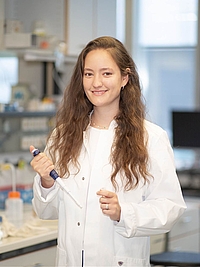
| Filiz Kuybu kuybu[at]genzentrum[dot]lmu[dot]de |
I am interested in structural biology of homologous recombination mediated double-strand break repair in humans, particularly the recognition of double-strand breaks by the MRN complex, followed by ATM activated DNA damage response. Methods:
|
Project 19
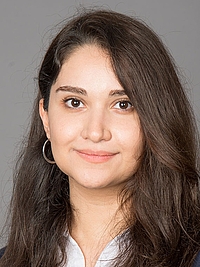
| Sahar Karbassi skarbass[at]uni-mainz[dot]de |
In my PhD project, we investigate on childhood cancer and how a novel variant in a DNA repair gene can weaken the cell’s ability to protect its genetic material, to reveal how childhood cancers can arise from genetic change. Methods:
|
Project 21
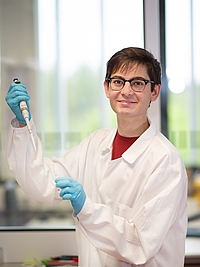
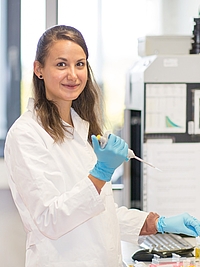
| Maximilian Donsbach donsbach[at]genzentrum[dot]lmu[dot]de |
I study how a protein called HMCES protects damaged DNA to help cells maintain genome stability and prevent diseases like cancer. Methods:
|
| Sophie Dürauer duerauer[at]genzentrum[dot]lmu[dot]de |
I am mainly working on DNA-protein crosslinks, focusing on their formation, resolution and repair pathways. Methods:
|
Project 23
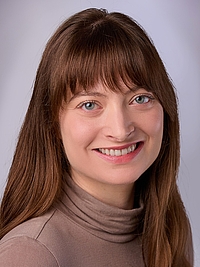
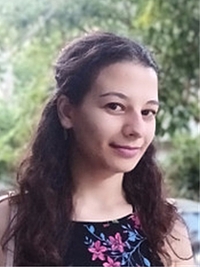
| Caroline Barry c[dot]barry[at]imb-mainz[dot]de |
I am using computational tools to study how perturbations at the cellular level lead to cancer. Methods:
|
| Christina Ntasiou c[dot]ntasiou@imb-mainz[dot]de |
I study the role of BAF chromatin remodeling complexes in maintaining genome stability and DNA repair. Methods:
|
Associated Groups
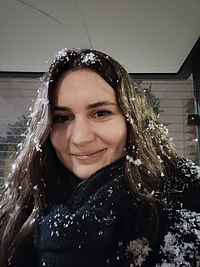
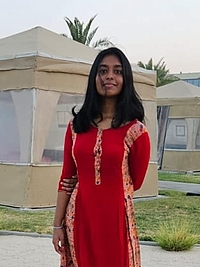
| Valerie Arz v[dot]arz[at]imb-mainz[dot]de |
| Padeken Group |
I am interested in understanding how heterochromatin can promote DNA repair and resilience during ageing.
|
| Rose Mary Roshan r[dot]roshan[at]imb-mainz[dot]de |
| Wang Group |
I study how paternal DNA damage influences inheritance and impacts the health of future generations. Methods:
|
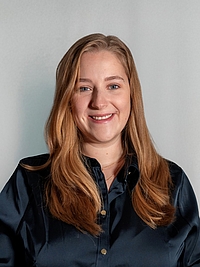
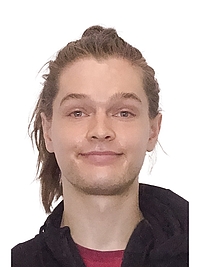
| Felizitas Florentine Stiehler f[dot]stiehler[at]imb-mainz[dot]de |
| Wollscheid Group |
I am interested in the nuclear cytoskeleton and am currently looking into how it is involved in double-strand break repair. Methods:
|
| Jóhann Örn Thorarensen j[dot]thorarensen[at]imb-mainz[dot]de |
| Wang Group |
I am interested in how DNA damage in parents affects their descendants. Methods:
|
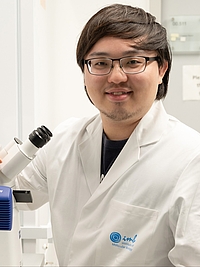
| Tsung-Lin Tsai t[dot]tsai[at]imb-mainz[dot]de |
| Papathanasiou Group |
I investigate transgenerational effects of mitotic errors in human cells. Methods:
|
